|
|
|
|
Kia ora koutou katoa and welcome to your newsletter.
New variants of SARS-CoV-2, the virus that causes COVID-19, have now evaded New Zealand’s border protections twice this year to spread into the community, most recently when three people tested positive for the more infectious B.1.1.7 lineage.
As David Welch and his colleagues, who are all involved in New Zealand’s genome sequencing of the virus, explain, the emergence of new variants is not surprising, given that the number of global cases has increased dramatically in the last quarter of 2020, doubling from 35 million within just two months.
The team predicts we’ll likely see more new versions of the virus as immunity begins to build in the global population, either through infection or vaccination, and more people experience long-haul COVID-19, which becomes a “training ground” for the virus as it continually mutates to adapt.
Regardless, the team argues the best way to protect against all current versions and to prevent the emergence of further variants is to drive down the number of cases through control measures and vaccination.
You’ll find a lot more to read in this newsletter and on our home page, including analysis of whether “COVID loans” might be a more affordable and equitable way to support the economy and how much electricity New Zealand would need to generate to shift to electric transport.
Many thanks for your ongoing support — we’ll continue to bring you more expert analysis of news and current affairs. Until next time, ngā mihi maioha ki a koutou katoa.
|
Veronika Meduna
New Zealand Editor: Science, Health + Environment
|

|
|
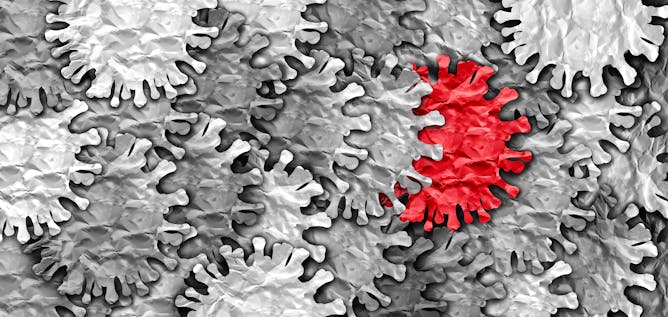
Shutterstock/Lightspring
David Welch, University of Auckland; Jemma Geoghegan, University of Otago; Joep de Ligt, ESR; Nigel French, Massey University
The rapid increase in the number of infections is the most obvious reason why new variants of the virus have been emerging recently. Case numbers doubled in just two months at the end of 2020.
|
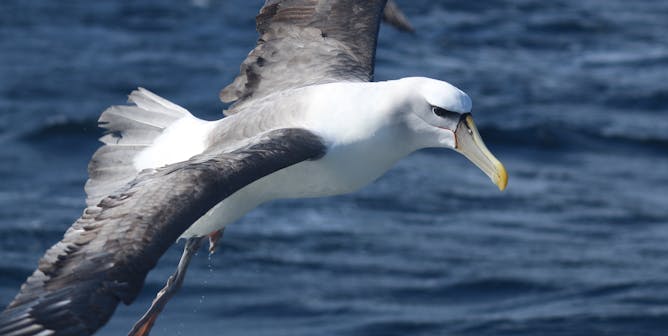
Richelle Butcher, Massey University; Britta Denise Hardesty, CSIRO; Lauren Roman, CSIRO
Increasing plastic pollution in southern hemisphere oceans adds a deadly threat to albatrosses, already among the world's most imperiled seabirds with 73% of species threatened with extinction.
|

www.shutterstock.com
Richard Meade, Auckland University of Technology
Instead of wage subsidy and business loan schemes, allowing households, workers and employers to borrow against future income could be more efficient and equitable in the long run.
|
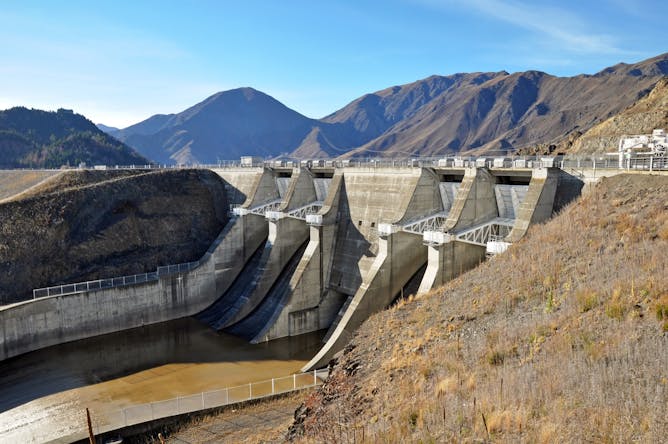
Concrete spillway from Lake Benmore Dam in Otago, New Zealand.
Shutterstock
Jen Purdie, University of Otago
Investment in renewable electricity needs bipartisan political support and some bold decisions if New Zealand is to meet its future energy commitments.
|

Fiona Goodall/Getty Images
Michael Plank, University of Canterbury; Shaun Hendy, University of Auckland; Siouxsie Wiles, University of Auckland
The highly infectious nature of the COVID-19 variant, and the fact the infections have no clear link to the border, leaves the worrying possibility of a more widespread community outbreak.
|

www.shutterstock.com
Georgia Cervin, University of Western Australia
Reform of New Zealand's abusive gymnastics culture offers an opportunity to improve women's sports in general.
|
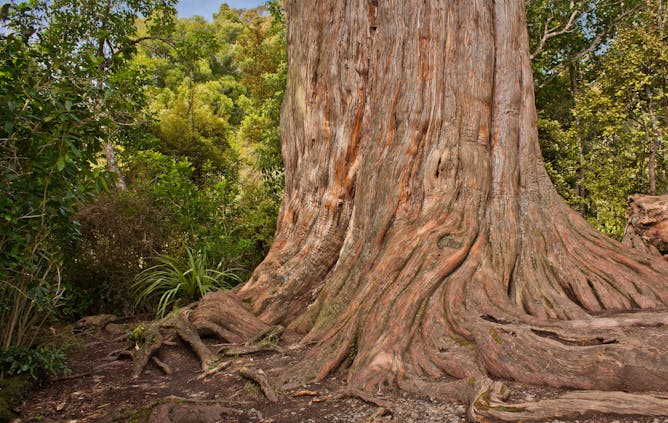
Shutterstock/Ludmila Ruzickova
Sebastian Leuzinger, Auckland University of Technology; Martin Karl-Friedrich Bader, Auckland University of Technology
Research measuring how water flows between living kauri trees and a leafless stump adds evidence that trees use their underground root systems to support each other.
|

Māori Party co-leader Rawiri Waititi after being told to leave parliament’s debating chamber on February 9 for not wearing a tie.
GettyImages
Caroline Daley, University of Auckland
Māori Party co-leader Rawiri Waititi has won the right not to wear a tie in parliament — his party's legacy can't end there.
|
From our foreign editions
|
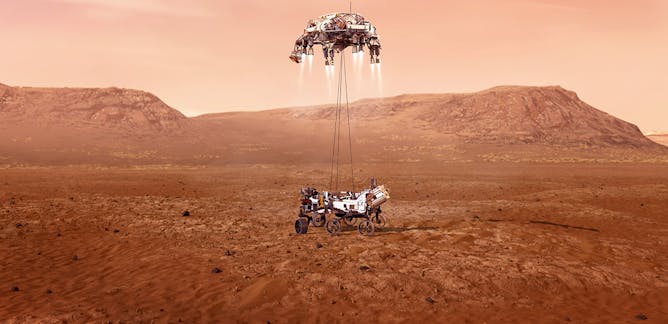
Andrew Coates, UCL
Scientists preparing to land the Rosalind Franklin rover in a few years are nervously awaiting the landing of Nasa's Perseverance rover.
| |

Lorinda Cramer, Australian Catholic University
Ties do many things. Though they express identity, they can just as readily act as a 'uniform' for their wearers. And they give power to some, while taking it from others.
|

Jan Kabatek, University of Melbourne; Francisco Perales, The University of Queensland
Our analysis of data on all children in the Netherlands found those who have same-sex parents do better on standardised scores than those with parents of different sexes.
| |
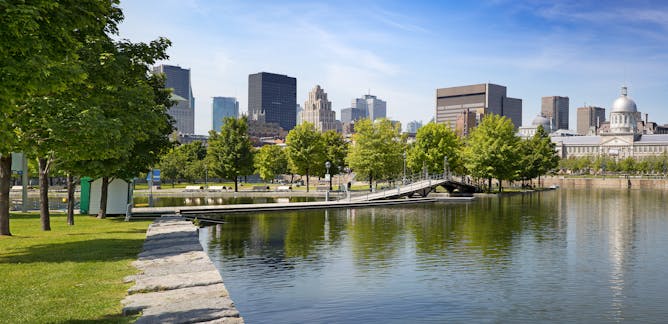
Jean-Claude Ruel, Université Laval
To protect urban trees, it's important to reduce the impact from construction. Advance planning and close supervision can help.
|

Catherine Kyobutungi, African Population and Health Research Center
The pandemic will not end for anyone, anywhere until it is controlled in every country. Tanzania’s approach will make it that much harder for normality to return.
| |

Ahmed Kalebi, University of Nairobi
Even those that live in areas where the population has already been vaccinated would not be totally protected if the virus mutates elsewhere.
|
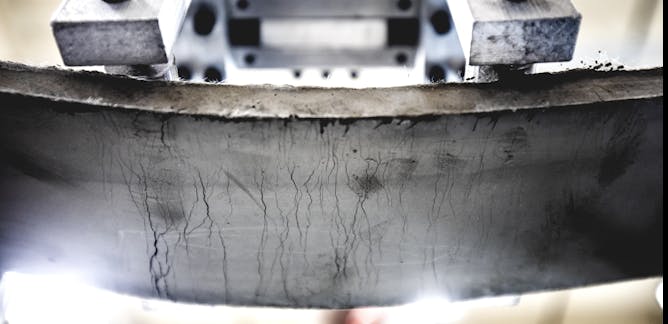
Lucca Henrion, University of Michigan; Duo Zhang, University of Michigan; Victor C. Li, University of Michigan; Volker Sick, University of Michigan
Researchers are developing ways to lock captured CO2 into cement. It could help rebuild America’s crumbling infrastructure and deal with climate change at the same time.
| |
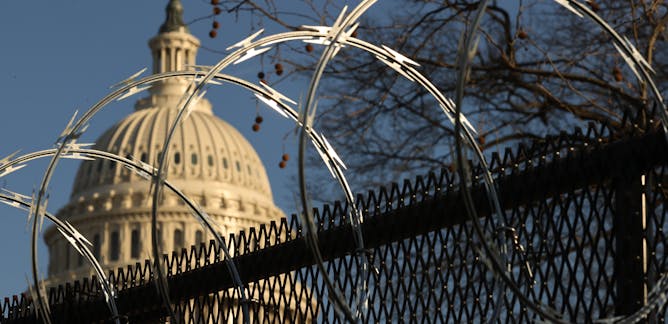
John E. Finn, Wesleyan University
The vote to acquit former President Trump for inciting the attack on the Capitol is a symptom of the dramatic decline of the US constitutional system, which is being eroded from within.
|
|
|
| |
| |
| |
| |
| |
| |
|
|
|
|
|
|
|